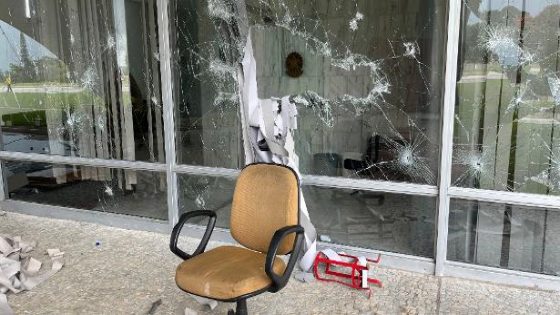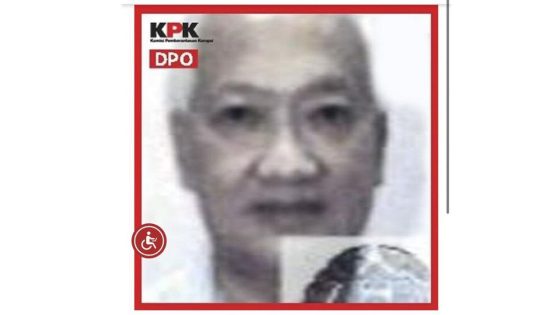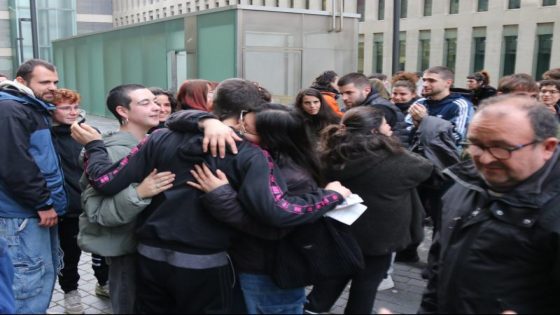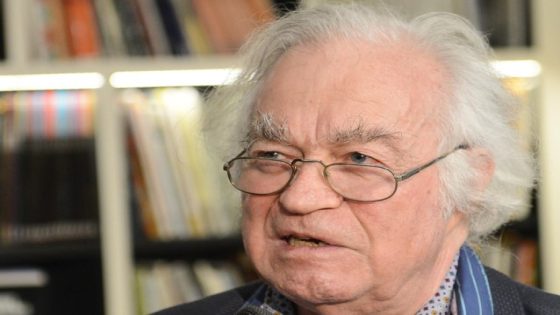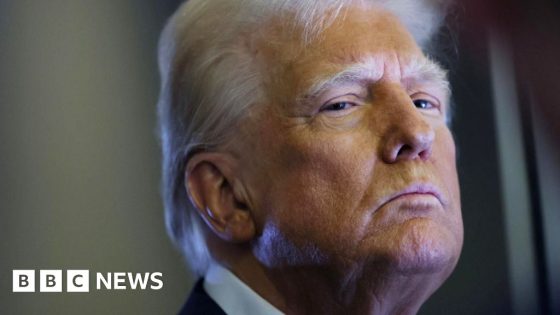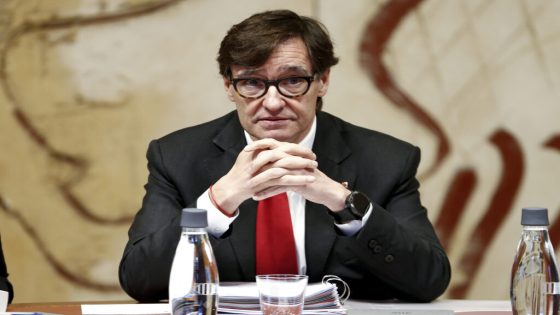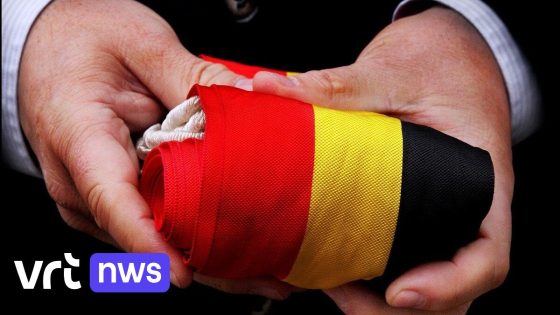On January 8, 2023, Brazil faced a significant political upheaval when the Palácio do Planalto was vandalized during protests. Fast forward to now, and a key figure associated with these events has become a fugitive. Ezequiel Ferreira Luis, a father of six, recently removed his electronic ankle monitor and is now wanted by authorities.
- Palácio do Planalto vandalized on January 8
- Family pressures for amnesty project
- Ezequiel Ferreira Luis is a fugitive
- Bolsonarismo uses humanization strategy
- Ezequiel has firearms registered in his name
- He was on provisional release before arrest
Fugitive’s Role in Brazil’s January 8 Protests Raises Questions About Amnesty
Why is a fugitive being used as a symbol for amnesty in Brazil? Ezequiel Ferreira Luis, who recently escaped from house arrest, is at the center of a controversial push for leniency toward those arrested during the January 8 protests. This situation has sparked debates about justice and accountability.
Political Implications of Ezequiel Ferreira Luis’s Actions in Brazil
As the push for amnesty gains momentum, the involvement of figures like Luis complicates the narrative. His actions not only challenge legal frameworks but also raise ethical questions about the motivations behind the amnesty proposal. Here are some key points to consider:
- Luis’s escape from justice reflects broader issues of accountability.
- His family is being used to humanize the narrative around the arrested protesters.
- The political landscape in Brazil is increasingly polarized.
- International observers are concerned about the implications for democracy.
Understanding the January 8 Protests and Their Aftermath
The January 8 protests in Brazil were marked by significant unrest and political turmoil. Many participants sought to challenge the government, leading to severe repercussions. The aftermath has left many questioning the future of democracy in Brazil.
The Push for Amnesty: Who Benefits?
The ongoing push for amnesty raises critical questions about who stands to gain. Is it a genuine effort to heal the nation, or a strategy to protect certain individuals? Understanding the motivations behind this movement is essential for grasping Brazil’s current political climate.
International Reactions to Brazil’s Political Crisis
As Brazil navigates these turbulent waters, international reactions are crucial. The U.S. and other nations are closely monitoring the situation, as it could have far-reaching implications for diplomatic relations and global stability. How will the world respond to Brazil’s political challenges?
In conclusion, the case of Ezequiel Ferreira Luis serves as a lens through which we can examine broader issues of justice, accountability, and political strategy in Brazil. As the situation evolves, it will be important for both Brazilian citizens and international observers to stay informed.



